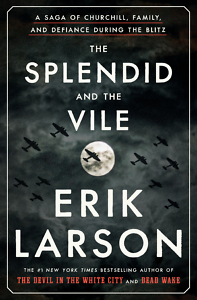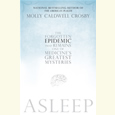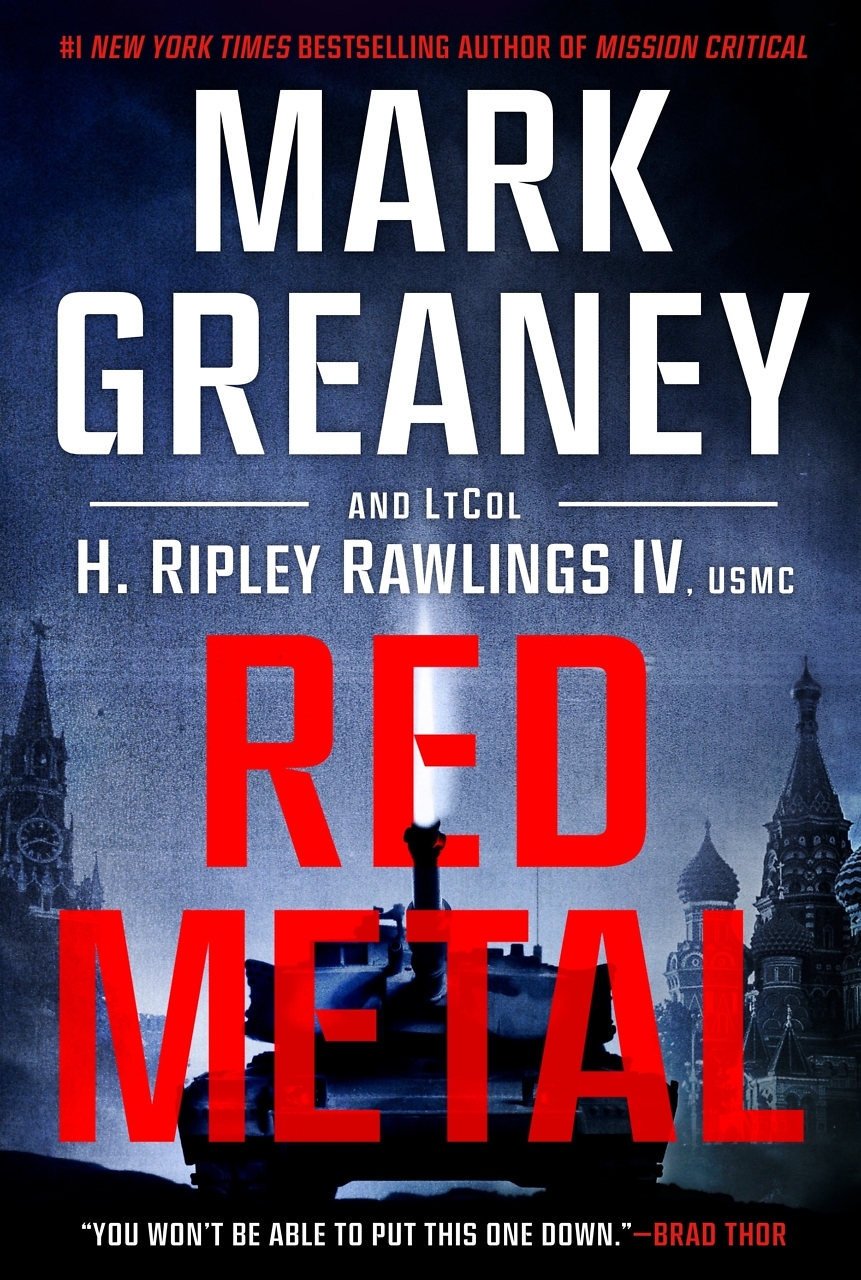Light in Their Darkest Hour
Erik Larson brings Churchill and the Blitz to life
World War II did not end on May 10, 1940. There were to be five more years of death and destruction and many Allied defeats before the Axis powers would be destroyed. But on that lovely spring day Winston Churchill became prime minister of the United Kingdom, and his rise may well have sealed the fate of the Nazis and their accomplices. As Erik Larson shows in The Splendid and the Vile: A Saga of Churchill, Family, and Defiance During the Blitz, Churchill came to power at just the right moment, bringing with him two articles of faith: that the Nazis were utterly evil and that Britain would never surrender.

Of 1940, Larson writes, “This was the year in which Churchill became Churchill, the cigar-smoking bulldog we all think we know, when he made his greatest speeches and showed the world what courage and leadership looked like.” The Splendid and the Vile chronicles the first year of his prime ministry, from May 1940 to May 1941, a time when Britons lived in constant fear of bombs and invasion and western civilization hung in the balance. It is a tale of despair, hope, love, and loss — and Larson, clearly amazed by the drama he recounts, warns, “Although it may at times seem to be otherwise, this is a work of nonfiction.”
Larson, whose list of bestsellers includes The Devil in the White City, Isaac’s Storm, and In the Garden of Beasts, brings his great narrative talents to bear on how Britain endured its darkest hour. Churchill is front and center, of course, and is portrayed with all his eccentricities, including his hatred of whistling and his habit of going to the roof to watch bombs fall, rather than shelter safely underground.
 But in painting his portrait of the times, Larson gives voice to many other people. Members of Churchill’s family are included in this intimate history, with the growing pains of teenage daughter Mary and the marital difficulties of daughter-in-law Pamela being most prominent. Churchill’s confidants are also present, especially private secretary John Colville — a man who initially doubted his boss and grew to adore him — and Lord Beaverbrook, who not only loved secrets but also succeeded in increasing production of the aircraft his country needed to hold Germany at bay. Even England’s enemies, including Joseph Goebbels and Hermann Göring, speak through excerpts from diaries and meeting minutes, giving chilling insight into the villainy that made British resistance vital.
But in painting his portrait of the times, Larson gives voice to many other people. Members of Churchill’s family are included in this intimate history, with the growing pains of teenage daughter Mary and the marital difficulties of daughter-in-law Pamela being most prominent. Churchill’s confidants are also present, especially private secretary John Colville — a man who initially doubted his boss and grew to adore him — and Lord Beaverbrook, who not only loved secrets but also succeeded in increasing production of the aircraft his country needed to hold Germany at bay. Even England’s enemies, including Joseph Goebbels and Hermann Göring, speak through excerpts from diaries and meeting minutes, giving chilling insight into the villainy that made British resistance vital.
The Splendid and the Vile is both a large-scale history of critical world events and a personal, moving account of how people struggled to live normal lives under the stress of those events. Larson shows how everyone from the royal family to factory workers contributed to the survival of the nation, while at the same time shopping, commuting to work, partying, and falling in love amidst the increasing devastation. Larson celebrates the endurance of the British people as much as the inspirational leadership of their beloved “Winnie.” The civilian death toll in Britain that year was 44,652, and the populace learned quickly to dread clear, moonlit nights when the bombers could find their way to their targets without aid of radio beams. Yet they never gave up.
Larson makes clear that Churchill was not perfect. When King George VI asked him to form a government in the wake of Neville Chamberlain’s resignation, many in Britain, including the king, believed Churchill was too unpredictable, too rash, to succeed. But succeed he did, in ways no one, even Churchill, could have predicted. His gift of oratory, combined with an indomitable resolve, convinced his countrymen that they could survive. “Against all odds,” writes Larson, “Britain stood firm, its citizens more emboldened than cowed. Somehow, through it all, Churchill had managed to teach them the art of being fearless.”

A Michigan native, Chris Scott is an unrepentant Yankee who arrived in Nashville more than 30 years ago and has gradually adapted to Southern ways. He is a geologist by profession and an historian by avocation.


